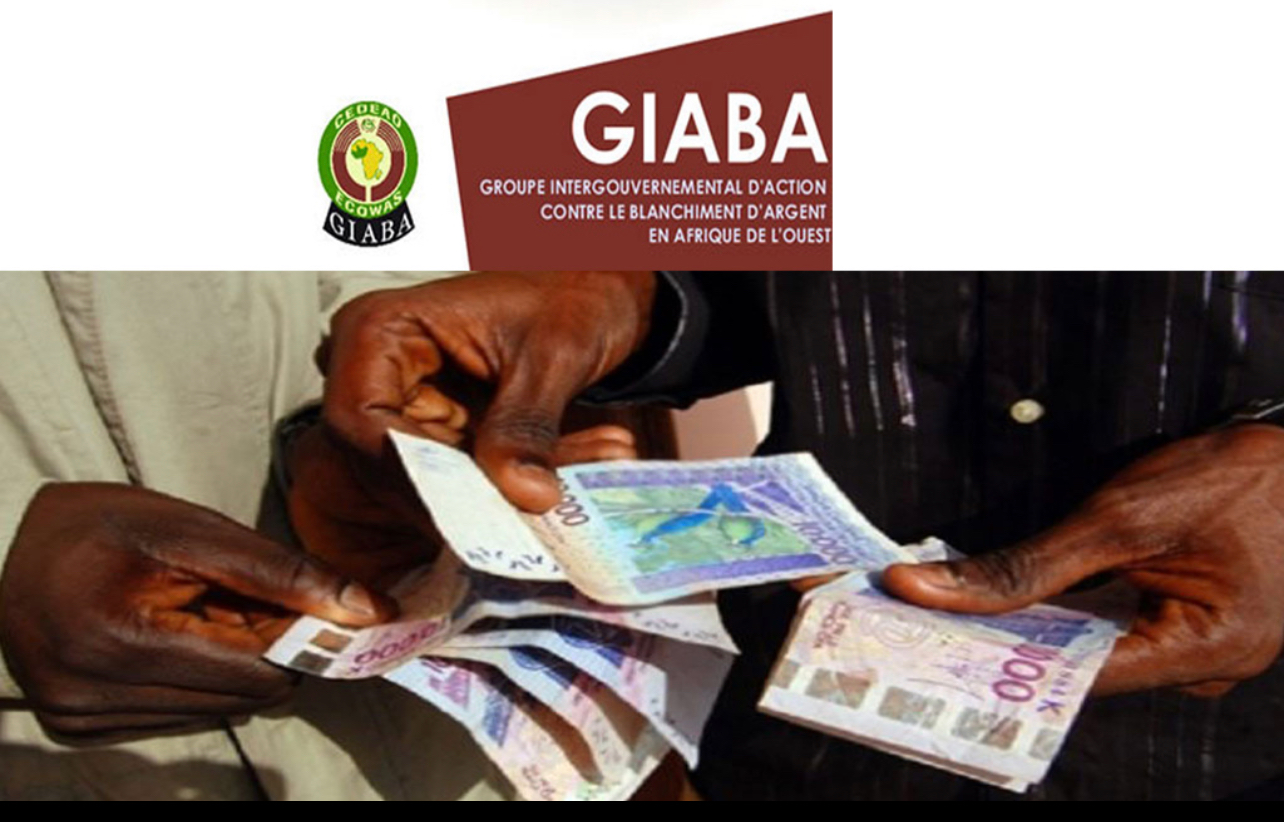Gambiaj;com – (Dakar, Senegal) – Senegal has achieved a major breakthrough in its efforts to strengthen financial integrity, as the European Commission officially removed the West African nation from its list of “high-risk” countries for money laundering and terrorism financing. The move, announced on June 10, comes as a result of sweeping legal and institutional reforms carried out over the past three years.
The decision marks a pivotal moment for Senegal, which had been under enhanced surveillance by the Financial Action Task Force (FATF, or GAFI in French) since 2021.
At the time, the global watchdog identified 49 critical actions Dakar needed to undertake in order to exit the grey list. Key among these were reforms to the penal and criminal procedure codes and the establishment of new institutions to tackle financial crimes.
“We had gaps, particularly regarding the criminalization of individual terrorism financing,” explained Mor Ndiaye, Director of Senegal’s National Office for the Recovery of Criminal Assets, which was established in 2022. “Through major legislative work, these issues have now been addressed.”
In February 2025, Senegal passed a new law targeting money laundering and terrorism financing, which more clearly defined offenses and strengthened prosecution capabilities. The improvements have not gone unnoticed in international circles.
With its removal from the European Commission’s blacklist, Senegalese financial institutions are expected to benefit from enhanced credibility and improved access to international financial markets—a vital development as the country grapples with a public debt burden exceeding 100% of GDP.
Analysts believe the delisting could unlock new sources of funding and encourage foreign investment.
In contrast, neighboring Côte d’Ivoire has been added to the EU’s updated high-risk list, in alignment with the FATF’s October 2024 assessment. Despite efforts to bolster its regulatory framework, Abidjan was found lacking in transparency around investigations and financial transactions.
European financial operators will now be required to exercise “enhanced due diligence” in dealings involving the Ivorian financial system.
While Côte d’Ivoire races to meet compliance benchmarks, Senegal is poised to capitalize on its improved standing. A formal reassessment by the FATF is expected in February 2026 to further evaluate the durability of Dakar’s reforms.
For now, the delisting stands as a clear validation of Senegal’s commitment to financial transparency and the fight against illicit financial flows—a move welcomed by both domestic institutions and international partners.










